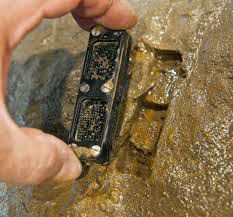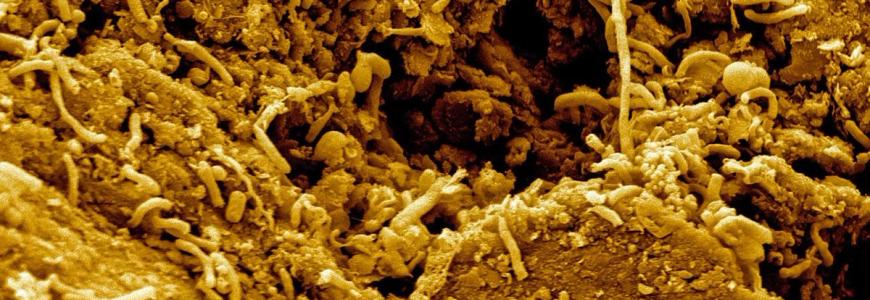Exploring the Dark Matter of the Microbial World
Contemporary Science Issues and Innovations
Oct 18, 2016 Belmont Media Center, Belmont MA
Slava Epstein, Ph.D., Distinguished Professor, College of Science, Northeastern University. Epstein Lab
Note: the ichip illustration in this video is by Stacie Bumgarner, Red Windmill Studio

Because bacteria have become resistant to antibiotics, even minor infections can be very threatening. There are countless types of bacteria that can serve as antibiotics, but there are two problems: (a) to locate the right candidates --since 99 percent of bacteria have not yet been identified; and (b) to get potential bacterial candidates to function in lab experiments. The problem is what Slava Epstein refers to as the "dark matter" of the microbial world. In this discussion, Dr. Epstein explains the great problem of finding promising bacteria in the "dark matter," and the challenge of cultivating most bacterial species in the lab. His award-winning work with NEU colleague Kim Lewis led to a dual breakthrough: the discovery of a unique microbe, and an innovative approach to cultivating it. The result was the development of a new and very promising antibiotic. But the work continues, since the vast majority of microbe species are still unidentified.
Dr. Epstein's unique contributions to microbiology are coupled with his extraordinary background --a story that is an inspiration for young scientists everywhere.
- Dr. Eptein: some background
- Leading Global Thinkers award, 2015 (w/NEU partner Kim Lewis, Ph.D.)
Articles about the Epstein/Lewis hunt for the "magic" microbe:
- The New Yorker June 20, 2016 The Unseen
- Science News Sept 07, 2016 Microbial Matter Comes Out Of the Dark
- Nature June 18, 2015 Mining the Microbial Dark Matter
- STAT, Dec 03, 2015 A Radically Simple Idea May Open the Door to a New World of Antibiotics

